- Home
- slideshows
- miscellaneous
- WeWork CEO Adam Neumann may be asked to step down after the company had to delay its IPO. Here are 9 other founders who were pushed out of the companies they started.
WeWork CEO Adam Neumann may be asked to step down after the company had to delay its IPO. Here are 9 other founders who were pushed out of the companies they started.
Pressure mounted on Travis Kalanick as Uber faced internal and external fights.

Kalanick ultimately resigned after founders revolted.
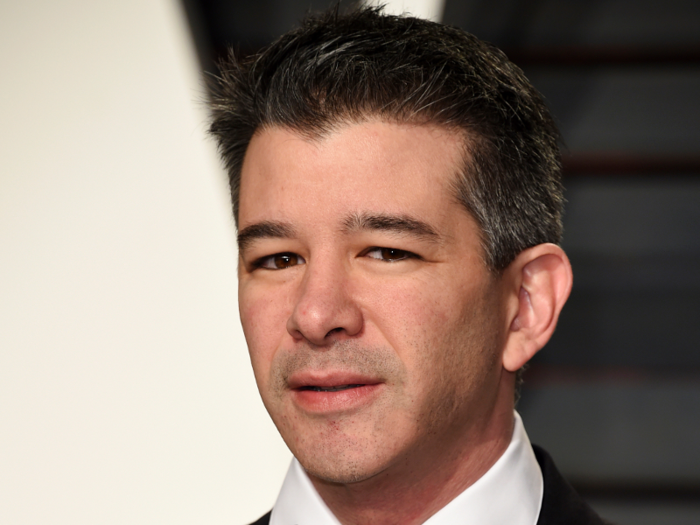
At first, Kalanick announced that he would take an indefinite leave of absence from the company, both for personal growth and to mourn the loss of his mother, who had recently died in a boating accident.
But the indefinite leave wasn't sufficient for some investors, who continued to push for Kalanick's departure. The shareholders who demanded he resign hailed from some of the most distinguished venture capital firms in tech, including Benchmark, First Round Capital, Lowercase Capital, Menlo Ventures, and Fidelity Investments, the New York Times reported.
Kalanick ultimately resigned later that month, but has stayed on as a shareholder and board member.
"I love Uber more than anything in the world and at this difficult moment in my personal life I have accepted the investors' request to step aside," he said at the time.
Twitter founder Jack Dorsey quickly lost his board’s confidence with his odd management style.
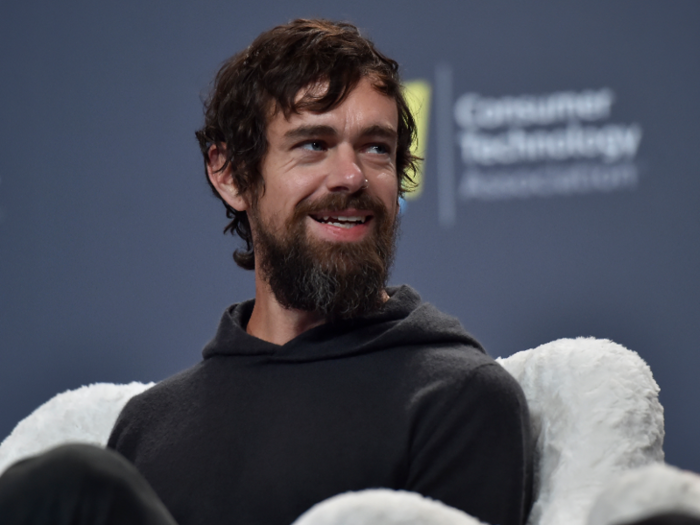
After he cofounded Twitter in 2006, Jack Dorsey was established as the company's CEO. His management style quickly caused problems at the company, according to Nick Bilton's book "Hatching Twitter."
For one, Dorsey reportedly spent large chunks of the workday on personal creative hobbies, like painting and sewing in the office. He also allegedly pushed a workplace culture of heavy alcohol consumption and partying, which employees found off-putting. And he clashed repeatedly with cofounder Evan Williams, who funded Twitter's launch, according to Bilton.
Twitter's board fired Dorsey in 2008, and he was moved into a new role as "passive chairman and silent board seat."
But Dorsey eventually made it back to the role of Twitter CEO.
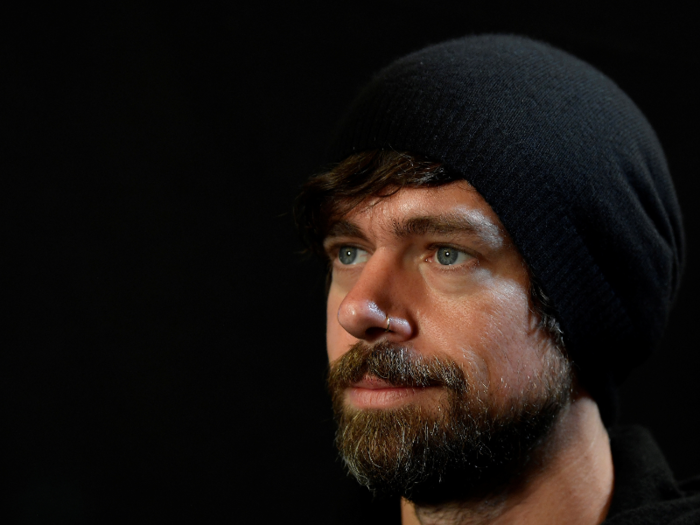
After being ousted as Twitter CEO in 2008, Dorsey took up other ventures, including cofounding the ecommerce payments startup Square in 2010. But he also made moves behind the scenes to stage a return at Twitter.
Dorsey reportedly waged a whisper campaign against Williams within Twitter in an attempt to shake the board's confidence in him, Bilton wrote. This push was successful: The board removed Williams in 2010 and promoted Dorsey to executive chairman.
In 2015, Dorsey was reinstated as interim CEO, a placement that was later made permanent. The board was ultimately motivated by Dorsey's role as Twitter's chief "product visionary" and his ability to stake out a bold agenda for the company — the same drive that helped put the cofounder in charge of Twitter seven years prior.
Before there was Dorsey, there was Jobs.
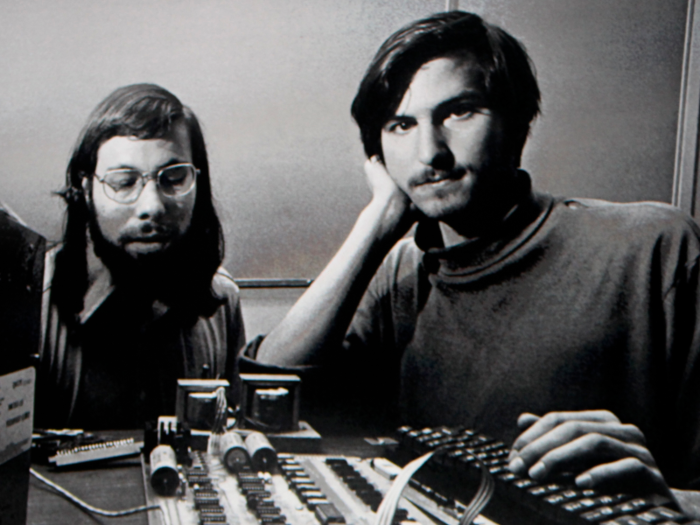
In perhaps the most legendary tale of a fired founder, Steve Jobs was pushed out of Apple in the tech company's early days before ultimately returning to help make it one of the most valuable companies in the world.
Jobs cofounded Apple in 1976, bringing "big ideas" and marketing savvy to the table to compliment the engineering expertise of cofounder Steve Wozniak.
Jobs quickly earned a reputation for being brash and difficult to work with, and investors were disheartened by subpar sales of Apple's Lisa and Macintosh computers, two projects Jobs oversaw.
Apple’s loss eventually became Jobs' gain.
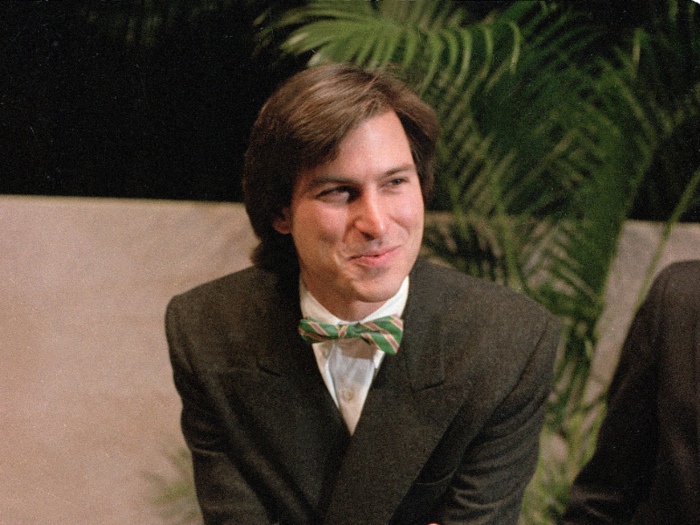
In 1985, then-CEO John Sculley tried to reassign Jobs to a smaller role. Jobs brought the issue to Apple's board, who sided with Scully. While Jobs later claimed that the board fired him at Scully's recommendation, Scully has disputed this, saying that Jobs left on his own.
Jobs went on to found other startups of his own, including a direct competitor called NeXT. Meanwhile, Apple underwent several years of floundering sales. The company ultimately bought out NeXT, bringing Jobs back into the fold. He was re-appointed CEO in 1997.
Maker Studios cofounder Danny Zappin sued the company over his ouster.
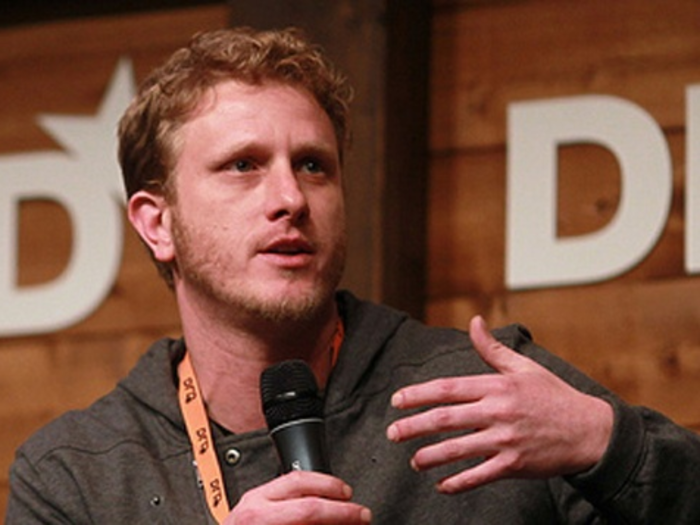
Danny Zappin cofounded Maker Studios, a network provider behind multiple major YouTube channels that has raised more than $36 million. Zappin was ousted in 2013.
Zappin and three other founding executives sued Maker Studios later that year, alleging that the board concealed secrets and committed fraud in order to shift control over the company.
He went on to found his own digital media company, Zealot, which raised over $25 million in an early round of fundraising.
Groupon founder Andrew Mason took full responsibility after he was fired as CEO.
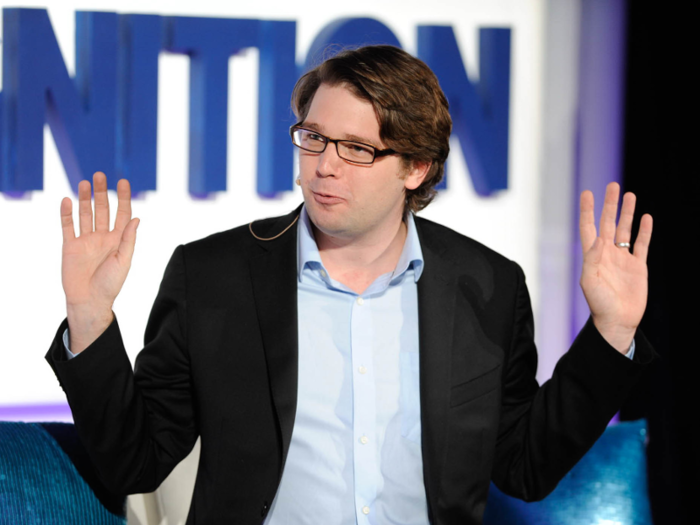
In a rare instance of public penitence, Groupon founder Andrew Mason admitted that he was responsible for the company's faltering financials shortly after he was fired as CEO.
Mason was given the boot in 2013 after Groupon failed to meet its own expectations for several quarters. In an open letter after his departure, Mason blamed himself.
"As CEO, I am accountable," he wrote. "My biggest regrets are the moments that I let a lack of data override my intuition on what's best for our customers."
Mason went on to release an album of "motivational business music" called "Hardly Workin'".
Tesla cofounder Martin Eberhard sued Elon Musk after being fired from the company.
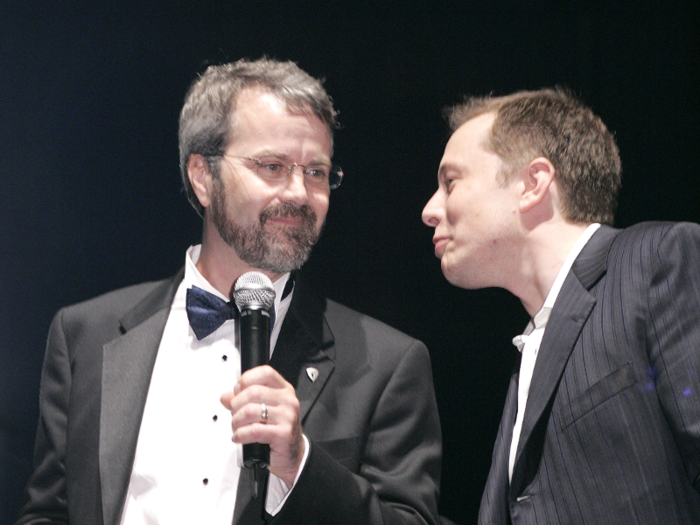
Four years after he cofounded Tesla with Elon Musk, Martin Eberhard was fired from his post as the company's president in 2007.
Eberhard said he signed a "non-disparagement agreement" when he was fired, but wrote in a post on a Tesla forum that he felt his firing was unfair.
"I am not at all happy with the way I was treated, and I do not think this was the very best way to handle a transition," he wrote.
He sued Musk in 2009, alleging libel and accusing Musk of taking unfair credit for the Tesla Roadster. Eberhard dropped the suit shortly thereafter.
Parker Conrad was forced out of Zenefits.
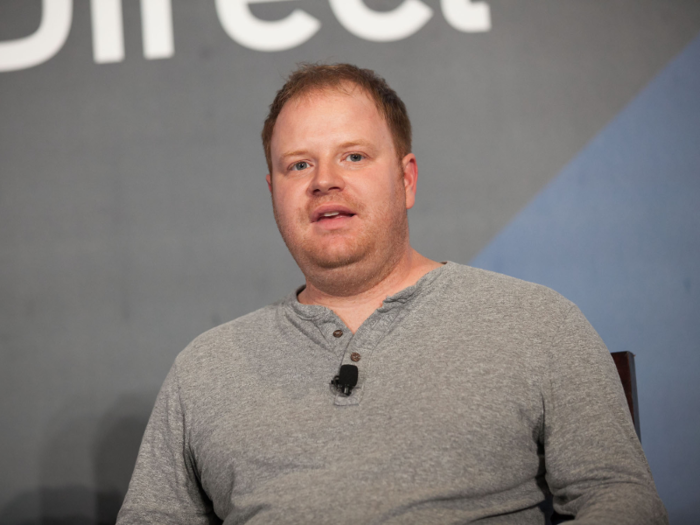
Conrad founded Zenefits, the cloud-based software company that helps business owners handle human resources, in 2013. However, he left in the wake of a controversy over how its agents were licensed.
Conrad is still in the startup game: He launched Rippling, a service that aims to provide businesses with an easy way to onboard new employees, in 2017. In April 2019, Rippling announced that it had raised $45 million in a round of Series A funding.
Palmer Luckey, the young founder of virtual reality startup Oculus, was ousted from his role in 2017.
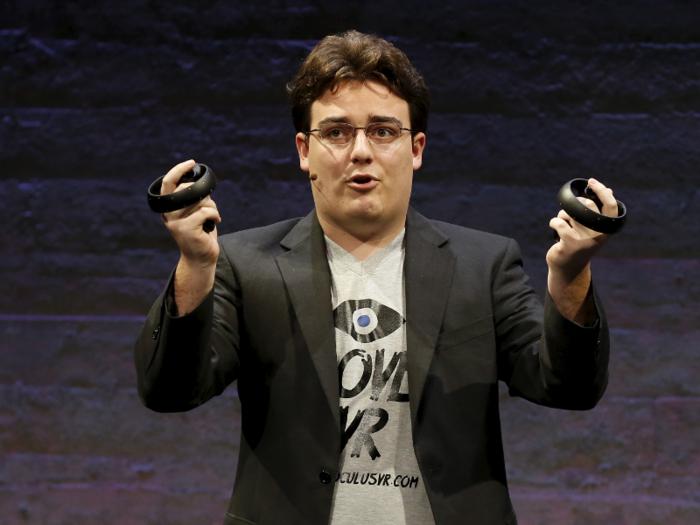
Palmer Luckey, the 27-year-old who founded Facebook-owned Oculus VR, left both companies in March 2017, not long after it was reported that he funded an anti-Hillary Clinton meme group.
After leaving Oculus and Facebook, Luckey founded Anduril — named after a magical sword in "Lord of the Rings" — which is said to be creating a high-tech "virtual border wall" between the US and Mexico.
Jerry Yang was pushed out of Yahoo nearly two decades after he founded it.
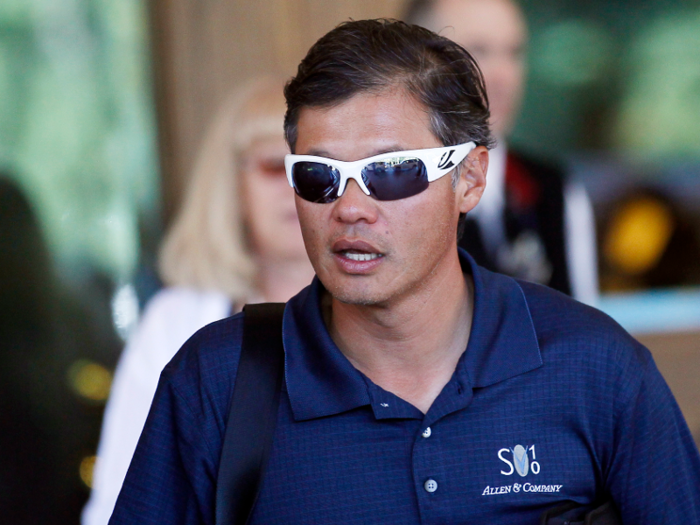
Back in 2007, Jerry Yang was made the CEO of Yahoo, the company he'd founded in the late 1990s. A year later, he rejected a takeover bid from Microsoft, sending the stock plummeting. The board reportedly pressured him to leave, so he did.
Though he stepped down as CEO of Yahoo in 2008, Yang stayed on the company's board of directors until 2012. Following his departure from Yahoo, Yang spent years funding dozens of new startups with his investment firm AME Cloud Ventures. Alibaba eventually welcomed Yang back to its board in 2014.
Popular Right Now
Popular Keywords
Advertisement